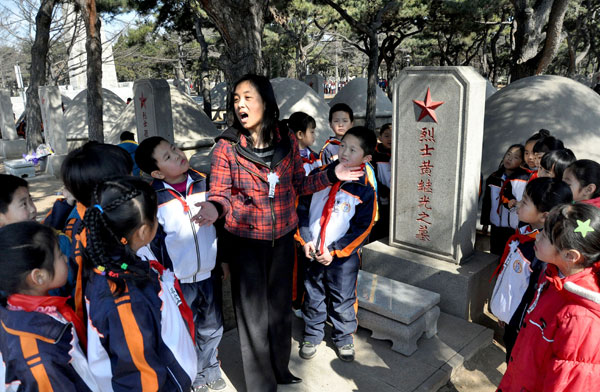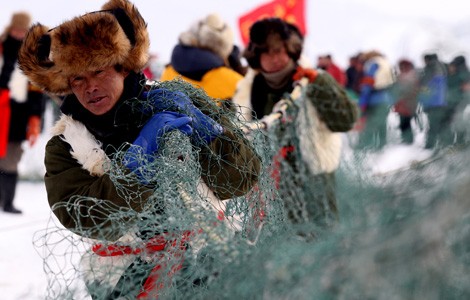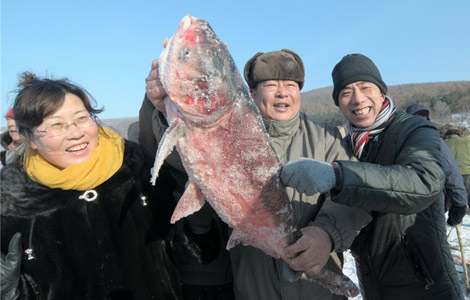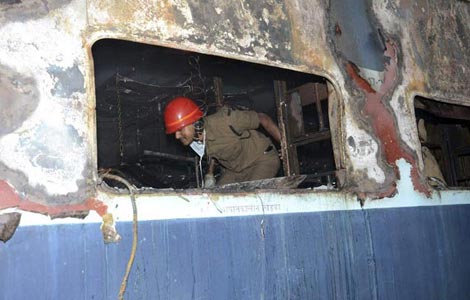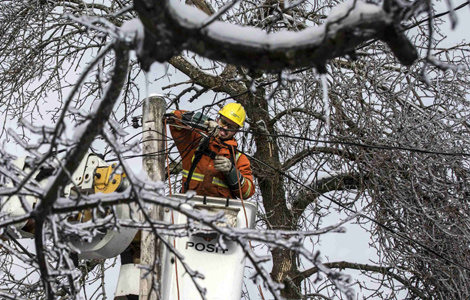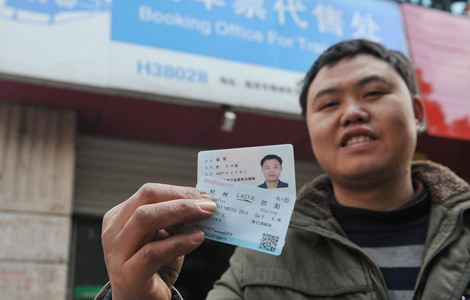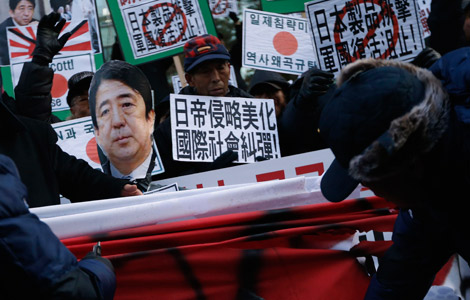In memory of unnamed war heroes
Updated: 2013-12-30 08:04
By Dong Fangyu in Beijing and Liu Ce in Shenyang (China Daily)
|
||||||||
|
|
Repatriation of the remains of Korean War soldiers will bring attention to the veterans, report Dong Fangyu in Beijing and Liu Ce in Shenyang.
Sixty years after an armistice agreement was signed, the remains of more than 400 Chinese soldiers killed in the Korean War (1950-53) are set to finally head home.
|
 |
When Republic of Korea's President Park Geun-hye visited China in June, she offered to repatriate 360 sets of remains buried in a cemetery in the city of Paju, but in the intervening months, ROK authorities increased the number to 425. According to the ROK Defense Ministry, excavation work started on Dec 19, and, in addition to the bodies, the remains include seals, pens, badges and uniforms.
Experts said the offer will not only improve Sino-ROK relations but also have a ripple effect stretching far beyond politics, including heightening public awareness about those who fought in what is often seen as a forgotten war.
"The news that the remains will be returned has evoked great emotion in many Chinese people," said Jin Qiangyi, a Korean studies professor at Yanbian University in Jilin province.
Liu Guizhi, an 82-year-old Korean War veteran, was excited. Even though he didn't know any of the soldiers buried in Paju he regards them as his comrades-in-arms. "Finally, they can come home, like falling leaves returning to the roots. It's a great comfort to know that," he said.
Liu, from Shenyang, the capital of Liaoning province, joined the army in 1948. When the war broke out in 1950, he arrived at the front as a 19-year-old artilleryman. The constant roar of the guns left him deaf in the left ear, so he often shouts instead of talking, even when his hearing aid is switched on.
"I often recall the war in Korea because it was really a hard time. I was lucky enough to survive, but countless comrades died in that foreign land. I really hope they can come home and then at least we can all be buried together in China."
During the past two years, Zhang Wei, a public welfare undertaker from Dandong - a city on the Yalu River in Liaoning, which forms China's border with the Democratic People's Republic of Korea - has organized and led at least 10 groups of relatives to pay their respects at the cemetery in Paju.
"When I heard the news, I took the ferry from Dandong to Incheon so I could follow the excavation work on the spot," said Zhang, speaking on the phone from the ROK.
"I am representing my fellow Chinese, those people whose loved ones were killed in action somewhere in the ROK. I went to the cemetery in Paju last week, but it was Christmas Day, which is a public holiday in the ROK, so the excavation teams weren't working," he said. "However, things look to be in good order. Several large tents are pitched at the site, probably as resting places for the workers, and I saw excavation tools, desks and heaters."
Most Viewed
Editor's Picks

|

|

|

|

|

|
Today's Top News
Auto industry rolls through ’13 for China, US
Outrage still festers over Abe shrine visit
Suicide bomber kills 16 at Russian train station
Li says economy stable in 2014
Bigger role considered in the Arctic
3rd high-level official probed
Abe stepping up military agenda
NPO rules expected in 2014
US Weekly

|

|
